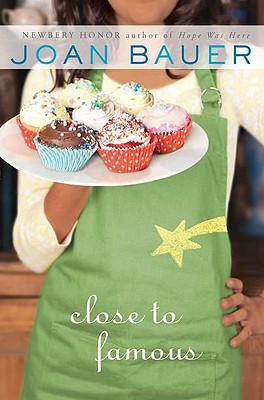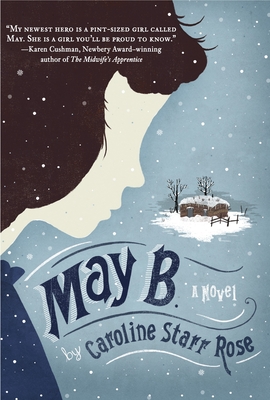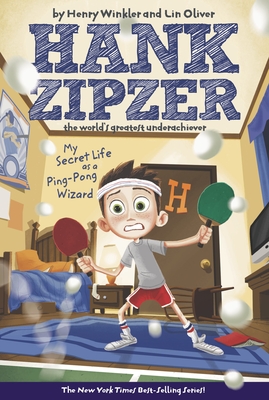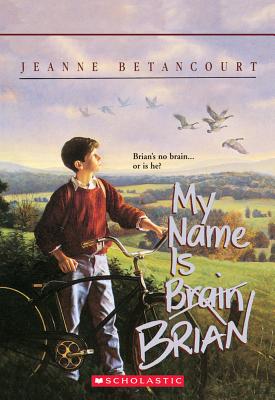First person point of view has found a home in middle-grade
novels, and it’s easy to understand why. Though there are narrative limitations
and challenges to writing in first person, the strengths can outweigh the
weaknesses.
In her book, The
Writer’s Guide to Crafting Stories for Children, Nancy Lamb states that one of
the strengths is that an author can “create a sense of connection. The
intimacy of first person sets up a direct communication between reader and
writer.”
I refer to Lamb’s point as immediacy – the quality of
bringing one into direct and instant involvement – and this connection may be one
reason that first person is so engrossing to young readers. Using this
technique the author draws the reader into the narrator’s private world,
creating a confidante. That relationship empowers the reader with an insider’s
sense of belonging. In a very real way, the narrator makes friends with the reader.
They share secrets and concerns that others in the fictional world may not be privy
to. BFFs in the making.
In The Lightning Thief,
protagonist Percy Jackson opens the book by directly addressing the reader with
a warning, and a confession about his true nature, that bridges the gap between
narrator and reader.
“Look, I didn’t want to be a half-blood. If you’re reading this because you think you might be one, my advice is: close this book right now. Believe whatever lie your mom or dad told you about your birth, and try to lead a normal lifeBeing a half-blood is dangerous. It’s scary. Most of the time, it gets you killed in painful, nasty ways.”
By starting this way, Percy presumes a level of intimacy
and knowledge that we want to play along with. Even if we have no idea what a
half-blood is we nod our heads and smile hoping we’ll get it soon enough. As if realizing that perhaps he’s opened up too much,
Percy tosses out a disclaimer to keep the reader at arm’s length, in case we’re
not like him.
"If you’re a normal kid, reading this because you think it’s fiction, great. Read on. I envy you for being able to believe that none of this ever happened."
After that quick rebuff, Percy then dives back into the
warning, showing his concern while bringing the reader back into his circle of
intimacy.
"But if you recognize yourself in these pages––if you feel something stirring inside––stop reading immediately. You might be one of us. And once you know that, it’s only a matter of time before they sense you too, and then they’ll come for you.
Don’t say I didn’t warn you."
First person narratives work by bringing the reader inside a
private club for two. Reader and protagonist become confidantes in a shared adventure.
Speaking directly to the reader also allows the writer the
ability to establish a distinct voice quickly. Conversational quirks and
flourishes are aimed straight at the reader. First person helps shrink the psychic distance, tearing
down the wall between reader and protagonist.
By having the protagonist open up to the reader and share
self-perceived vulnerabilities there is the opportunity to build kinship and
reveal hidden truths. As the reader gains a deeper understanding of how the
protagonist sees the world and reacts to it with asides and direct address, the
reader can also discern how the protagonist may be misreading the situation.
Just as in real life, confidantes can question the motives and authenticity of
each other.
The affect of immediacy, and the opportunity to craft a
unique voice through the protagonist's asides, make first person a compelling
choice. With first person, the writer has the means to get the reader invested
in the protagonist’s story from the very first words, a virtual arm around the
reader.
A whisper that says, “Hey, we’re in this together. Let’s go!”








